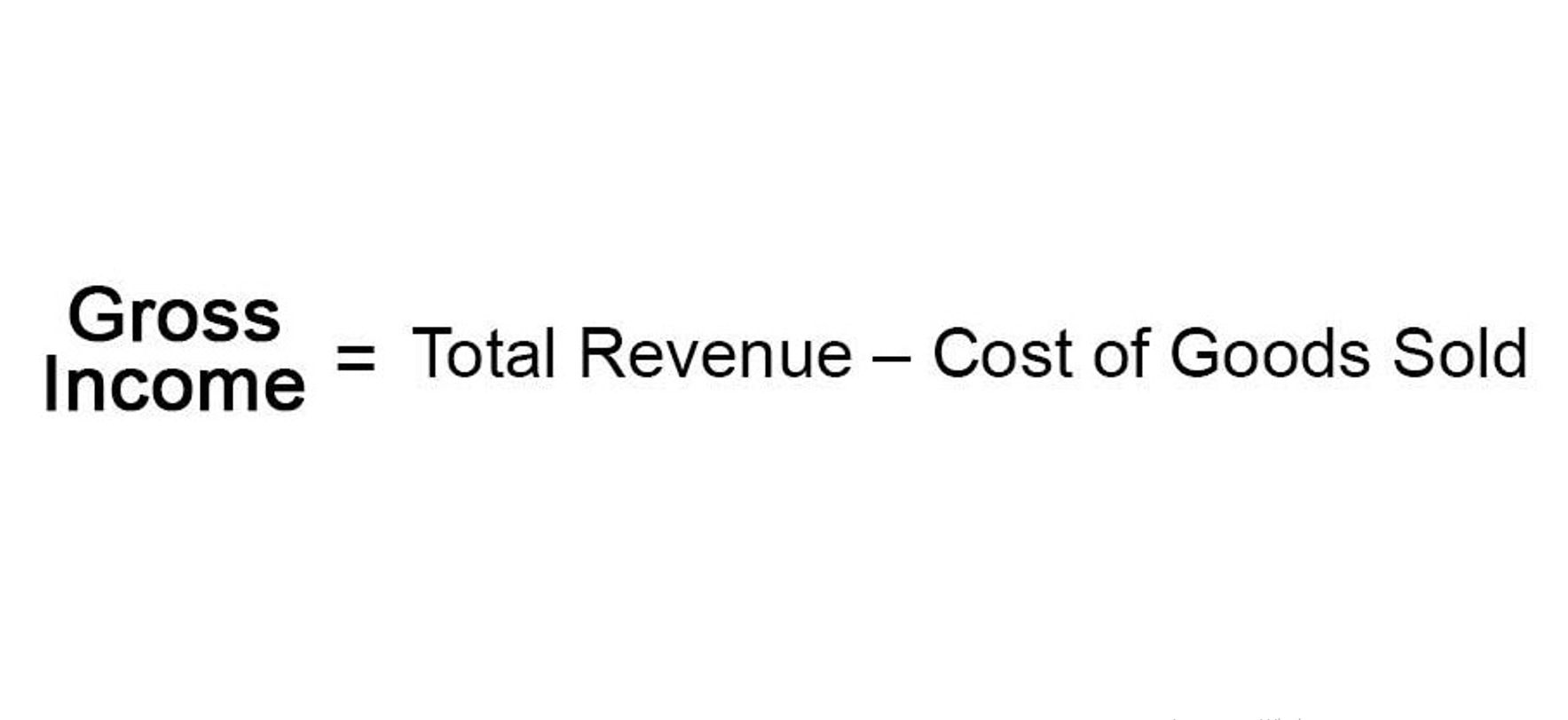Accounting for Startups: 7 Bookkeeping Tips for Your Startup

Mixing the two can lead to errors, missed tax deductions, and difficulty in tracking business expenses. Accurate records help startups calculate their Certified Public Accountant tax obligations correctly, reducing the risk of errors or penalties. It also allows startups to take advantage of tax deductions and credits, which can save money and improve their bottom line. By establishing these foundational bookkeeping practices, startups can create a financial system that supports growth, minimizes risks, and keeps the business on track. Technical debt is incurred when you’re working very fast to develop a prototype or working model, and you’re not building everything perfectly.

Key Differences Between Bookkeeping and Accounting

Companies that have raised capital from professional investors require a specialized level of bookkeeping and accounting. It goes well beyond getting the books right – our integrated tax preparation team, FP&A team and CFOs can help your company be ready for the strategic situations that make running a startup special. Making the financial statements correctly mirror these dashboards is not as simple as it sounds!
- Using bookkeeping software simplifies record-keeping and ensures accurate financial reports, a must-have for bookkeeping for startups.
- Understand how and when to recognize various types of revenues and costs according to accounting standards and your chosen method (cash vs. accrual).
- Our practice is built on best of breed cloud accounting software like QuickBooks, Netsuite, Gusto, Rippling, Taxbit, Avalara, Brex, Ramp and Deel.
- Finally, and very importantly for early-stage, VC-backed companies is that acquirers and investors will want to see GAAP financials.
- While it’s true that accounting should be a priority, during the startup phase, you can begin with simple measures and increase the formality of your accounting processes as you grow your business.
- Bookkeeping forms the bedrock of a startup built for sustained growth.
Choose suitable software
For startups, where every dollar counts, effective budgeting is a linchpin for success. Financial ratios are the keys to deciphering the health of your startup. Dive into ratios such as liquidity ratios (current ratio, quick ratio), profitability ratios (return on equity, net profit margin), and efficiency ratios (inventory turnover, receivables turnover). These ratios provide a comparative analysis and benchmark your startup’s performance against industry standards.

Handling Investor Funding and Venture Capital
Bookkeepers virtual accountant have been preparing these financial packets for ages, but modern bookkeepers like Kruze use automated systems. Both bookkeeping and accounting are vital to every business’s success, but you may have an additional need to keep good records as a startup. If you have investors, they’ll require that you provide financial reports. And if you are trying to get a business loan, you’ll need clear and easy-to-read financials so that potential investors can make an informed decision about investing in your vision. Zoho accounting software is part of the suite of products for businesses offered by Zoho.

This option allows startups to leverage expertise and technology that may not be available in-house. Accounting complements bookkeeping by providing a broader view of a startup’s financial situation. Accountants use the data collected by bookkeepers to create actionable insights, forecast future trends, and help startups make strategic decisions.
Entity Structure and Tax Implications:
Cash accounting bookkeeping for startups works well for small businesses that deal mainly in cash transactions. Service companies like contractors, consultants, and law firms often use the cash method. The downside is that financial snapshots can look inconsistent month-to-month as income and expenses fluctuate dramatically based on timing of payments.
